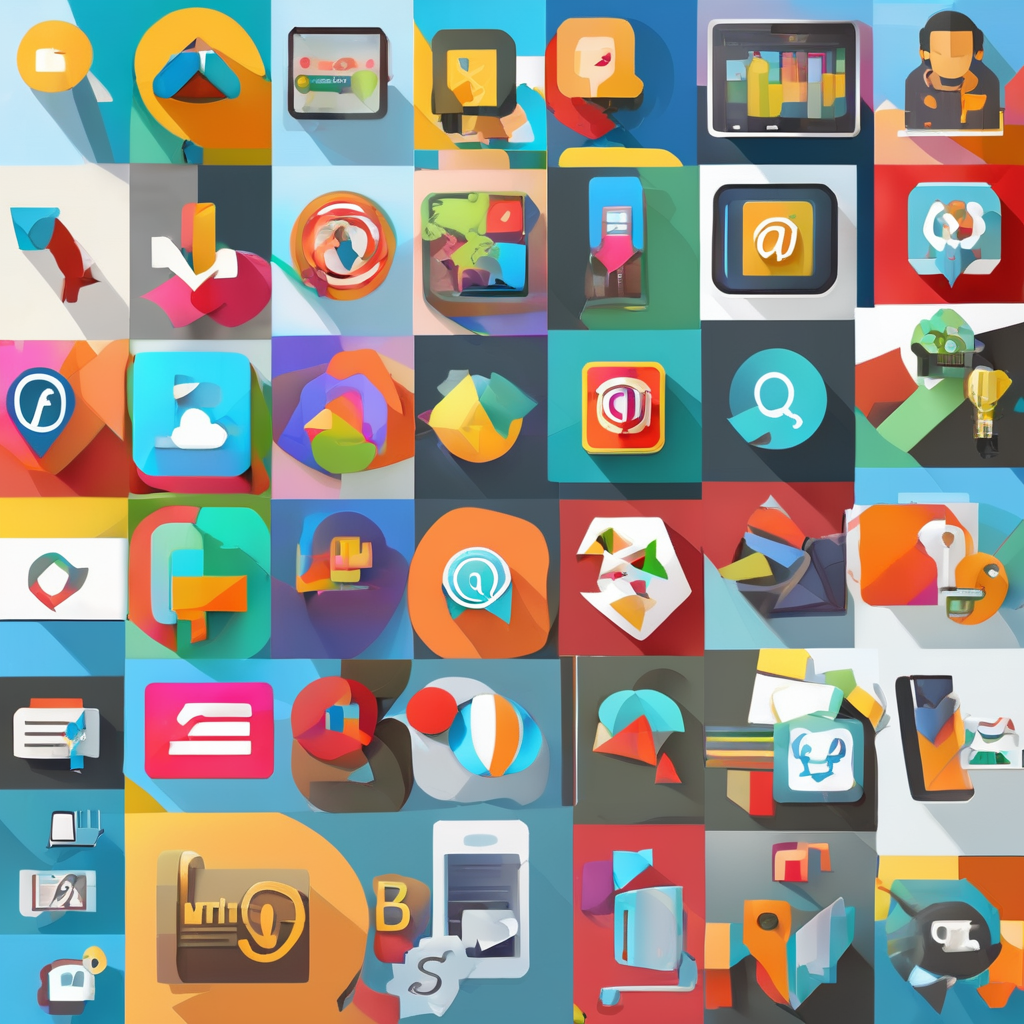Understanding Cognitive Skills in the Digital Age
Cognitive skills refer to the mental capabilities involved in acquiring knowledge and processing information. These include attention, memory, problem-solving, language comprehension, and decision-making. Collectively, these cognitive abilities empower individuals to navigate day-to-day challenges efficiently.
In modern life, cognitive functions are crucial for tasks ranging from simple routines to complex problem-solving. Our growing reliance on smartphone use has created a new cognitive environment where these devices act as extensions of our brain. By offloading memory tasks to smartphones, users enhance efficiency but may also alter their natural cognitive processes.
Also to read : Unleashing the power of smartphones: revolutionizing productivity in the uk tech industry
Smartphones facilitate rapid access to information and support multitasking, influencing how cognitive skills manifest in daily activities. However, this digital integration poses questions about whether constant connectivity hinders deeper cognitive engagement or enhances productivity. Recognizing the changing landscape of cognitive skills helps us understand the balance between leveraging technology and maintaining essential mental functions.
Scientific Perspectives on Smartphones and Cognitive Performance
Scientific research into the smartphone impact on cognitive performance reveals a complex picture. Numerous smartphone impact studies analyze how regular smartphone use affects various cognitive functions such as attention, memory, and problem-solving. While some studies emphasize the benefits of immediate information access improving efficiency, others highlight worrying trends of reduced focus and fragmented attention.
Also to read : How do UK consumers choose smartphones for gaming purposes?
Key findings suggest that while smartphones can enhance certain cognitive abilities by supporting multitasking and external memory, excessive or unregulated use may impair sustained attention and critical thinking skills. For example, cognitive performance tests often show decreased accuracy or slower response times when frequent smartphone interruptions occur.
Experts in cognitive science generally agree that the cognitive performance effects depend heavily on usage patterns and individual differences. Research consistently calls for careful moderation and awareness to avoid negative cognitive consequences. The diversity of results across studies underscores the necessity to analyze smartphone use contextually, accounting for factors like task complexity and user habits. This nuanced view discourages simplistic conclusions, urging users and researchers alike to balance the cognitive benefits and risks of smartphones in modern life.
Positive Effects of Smartphone Use on Cognitive Abilities
Smartphone use can offer positive impacts on cognitive skills, particularly in enhancing multitasking and information retrieval. By providing instant access to vast resources, smartphones empower users to manage tasks efficiently, boosting overall cognitive enhancement. For example, many rely on smartphones to organise schedules, set reminders, and store important data, supporting memory aids and organisational skills.
Scientific research highlights that smartphones contribute to quicker decision-making and problem-solving by facilitating the rapid integration of information. These benefits are especially apparent in professional and educational settings, where timely access to data improves task management and productivity.
Moreover, smartphone benefits extend to learning environments; apps designed for cognitive training can improve specific mental functions such as memory, attention, and reasoning. This dynamic use of technology supports cognitive abilities by complementing natural capacities rather than replacing them.
Understanding these positive impacts helps people appreciate how smartphones can enhance mental performance when used mindfully. Smartphone use thus represents a powerful tool for cognitive enhancement, enabling users to optimize their mental resources effectively.
Negative Effects of Smartphone Use on Cognitive Skills
Smartphone use can lead to several negative impacts on cognitive skills, particularly regarding attention span and memory retention. Research shows that frequent interruptions from notifications cause fragmentation of focus, reducing the ability to sustain attention on demanding tasks. This interruption-driven decline in concentration can impair cognitive performance in both academic and professional settings.
In addition, overreliance on smartphones may contribute to cognitive decline in certain areas. For example, individuals might struggle with recalling information since smartphone use encourages external memory storage rather than internal memorization. The habitual deferral of mental effort can weaken natural memory abilities and reduce critical thinking over time.
Statistics from multiple studies reveal correlations between excessive smartphone use and poorer outcomes in memory tests and attention-based tasks. These findings emphasize the risk of diminished cognitive control arising from unregulated use. Understanding these negative impacts is crucial for users aiming to avoid cognitive setbacks.
In summary, while smartphones offer convenience, the attention span erosion and subtle cognitive decrements linked to overuse demand careful management to preserve mental sharpness and function.
Long-Term Implications for Cognitive Development
The long-term effects of smartphone use on cognitive development raise important concerns, especially for young users whose brains are still forming. Research indicates that prolonged reliance on digital devices may alter how certain cognitive skills—such as attention, memory, and problem-solving—mature over time. For example, constant exposure to notifications and multitasking may train the brain to prioritize rapid information switching rather than sustained focus.
Studies tracking cognitive changes over extended periods suggest potential adaptive changes in skillsets. This includes improved skills in processing visual information and multitasking but potentially decreased abilities in deep concentration and memory retention. These shifts reflect the brain’s plasticity and its response to continuous smartphone use.
However, debates continue regarding whether these changes constitute harmful cognitive decline or represent new forms of cognitive adaptation. Some experts warn of digital dependency risks, including diminished ability to engage in reflective thinking. Others argue that integrating technology early can foster unique cognitive strengths suited to the digital era.
By weighing these findings, it becomes clear that understanding long-term impacts requires ongoing research to balance innovation with cognitive health preservation.
Expert-Recommended Strategies for Healthy Smartphone Use
Maintaining optimal cognitive performance amid frequent smartphone use requires deliberate mitigation strategies. Experts advocate for mindful smartphone habits to balance convenience with mental clarity. For instance, limiting notifications minimizes disruptions, preserving attention span and reducing cognitive overload.
To strengthen cognitive abilities offline, techniques such as dedicated focus sessions without digital interruptions and engaging in memory-enhancing activities like puzzles or reading are recommended. These approaches help counteract the negative impacts of constant connectivity, fostering deeper concentration and critical thinking skills.
Setting clear boundaries, such as designated “phone-free” periods especially before sleep, supports overall cognitive health. Furthermore, experts suggest consciously using smartphones for positive impacts like organised scheduling or educational apps, ensuring technology serves as a tool for cognitive enhancement rather than distraction.
Consistent application of these expert tips can mitigate risks linked to overuse while promoting healthier digital engagement. Ultimately, adopting balanced smartphone practices is crucial for sustaining robust cognitive function and mental wellbeing in today’s technology-driven world.


